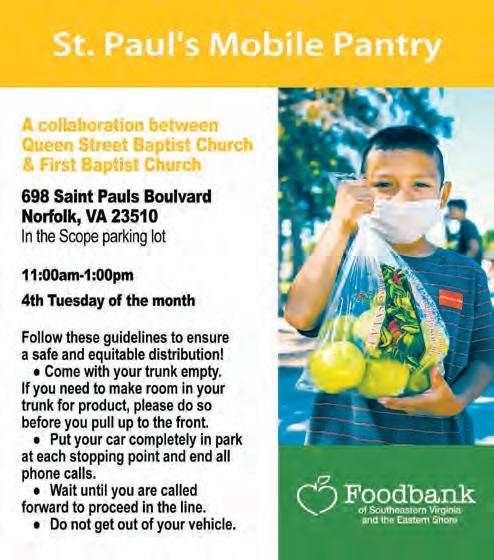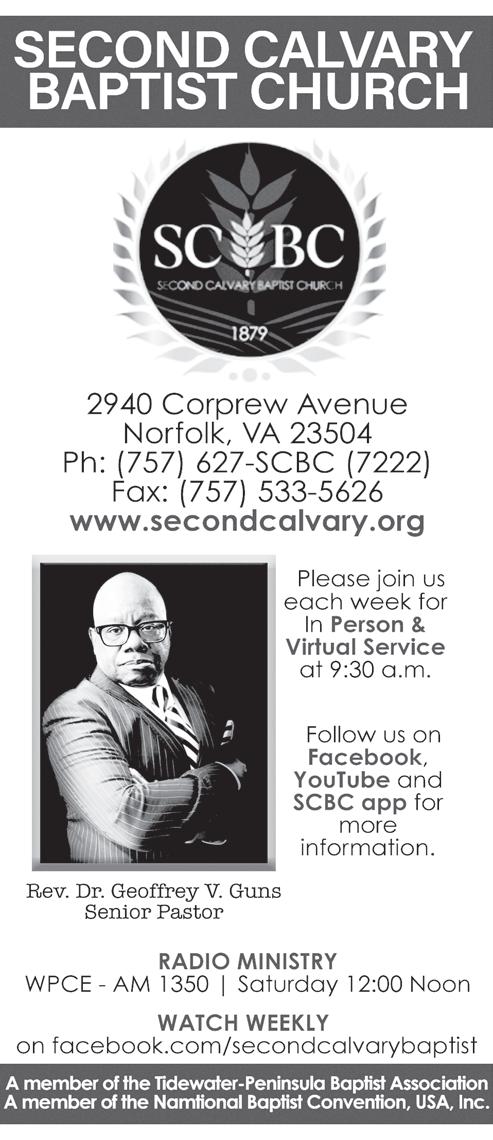
2 minute read
THE REBEL PRINCE CHARMING
Read: 2 Samuel 13-18
From “Dallas” to “Dynasty,” soap operas are seething caldrons of power, greed, lust, adultery, intrigue, and treachery. Nothing is sacred; no one is safe.
Everything and everyone is up for grabs. It’s survival of the fittest, on both a personal and a corporate level. It’s a dog-eat-dog world, and the puppies don’t make it. In these jungles of tangled family relationships, brother is pitted against brother, wife against husband, father against son. Such is the stuff television melodrama is made of.
But scripts like these are not the inventions of imaginative writers fertile with fantasies. They originate in real life, with real people. One such family feud is found in II Samuel, where a son’s imprisoned bitterness toward his father breaks its fetters, allowing rebellion and revenge to run loose, unrestrained. And since this was the King’s son, not only was the King endangered but also the kingdom itself.
This royal family lived in a fishbowl, and their drama became a nightly viewing for the entire nation. Sex, murder, cover-ups, ambitions, political intrigue, power struggles— they had enough plots, subplots, and counterplots to fill seasons of programming on every major network. Were it a television drama, the family’s story might be titled simply “Israel” or “kingdom,” for the story is centered on David, the greatest King in Israel’s history. Of course, the advertising hype boasts a cast of thousands, but for this episode, the main stars listed in alphabetical order – are Absalom and David.
Professionally, David was enmeshed in the affairs of state and diplomacy. Domestically, with all his wives, concubines, and children, what time he had at home was spread far too thin to be effective. The story of Absalom’s relationship with his father is a tragic one, but we can learn some valuable lessons through their painful mistakes.
(1) An unhappy home breeds unbalanced children. It does bear true that we reap what we sow. Where wheat isn’t planted, tares of indulgence grows in its place, making for a backbreaking harvest. Are you cultivating a happy home, or are you too tired or too busy to sow the right kind of seed (see Proverbs 24: 30-34)? Remember, if you sow nothing, you can expect to reap only weeds.
(2) An undisciplined family breeds insecurity and resentment. We have no record of David ever disciplining his children for their many wrongs. Children need enforced boundaries to give them a sense of security. They need a degree of freedom, but only within the secure grounds provided by well-constructed fences. When children cut holes in the fences you have erected and you fail to hold them accountable by bringing them back and mending the fences, they question your love for them (see Proverbs 13-24). Eventually, this leads to resentment and, ultimately to rebellion.
(3) An unreconciled relationship breeds sores that never heal. Even the death of the resented person can’t stanch ill feelings. Unreconciled hurt has a way of reaching out from the grave and wagging its bony finger at the one still living. Forgiveness is the only way to restore estranged relationships—not geographical separation or even death.
Paul’s advice here is timely: “Let all bitterness and wrath and anger and clamor and slander be put away from you, along with all malice. And be kind to one another, tenderhearted, forgiving each other, just as God in Christ also has forgiven you.” (Ephesians 4: 31-32)

Rev. Dr. Archie L. Edwards, Sr., is an Associate Minister at Second Calvary Baptist Church in Norfolk.







